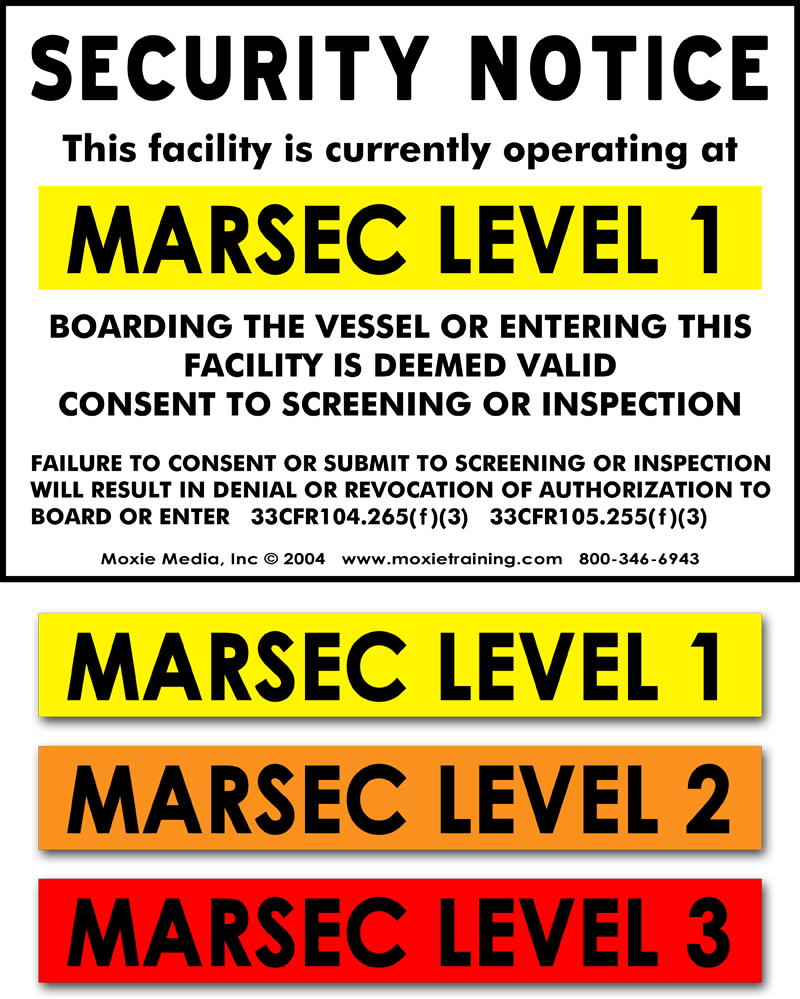R
redacted
Guest
So the threat, which occured prior to boarding, is in and of itself - ILLEGAL??? How??? you want to police to write a report of something that by itself is NOT illegal.
I dont know all of the specifics - but - the power and authority of a boat captain, specifically in non state waters - is much more than many of you are giving him/her credit. Thus - the liability of the boat captain if anything goes wrong. Captains are held accountable for almost any and everything that goes wrong on a boat - and with that accountability - they are given more power and authority than what would be afforded their equivalent on land.
Maritime Law is an archaic thing in some regards.
As to the jurisdiction of the GPS - it isnt questionable at all. I know in my area - if it happened more than 3 miles from the coast of my state - the police would not respond in any way, shape or form. Now - the Coast guard might - but NOT the police.
---------- Post added January 15th, 2013 at 04:28 PM ----------
In the US - you would need to prove that some sort of harm was caused directly linked to the trespass. If the captain searched your stuff - and you cannot prove harm - this would go nowhere. If the captain (as a reasonable one would) took the GPS and deleted the location - then returned it at the end of the trip - You would have a hard time winning anything.
I know there are stories that end with "throw it overboard"....but I know a lot of situations where captains took the device and deleted something - Ive never known one to, literally, throw it overboard. Im sure they have - I just dont know anyone who would.
I also havent seen any instances where this was applicable directly in maritime law. Only in land based settings. The might exist - but I was unable to find them in a few searches.
We are not talking a state waters thing. We are talking Fourth Amendment to the United States Constitution - Wikipedia, the free encyclopedia
The US constitution covers at least federal waters. Outside that limit, I guess it will depend on maritime and foreign country laws at least until the boat reenters US waters or lands. So the captain might want to be prepared to defend the reasonableness of his actions in US courts. Not to mention the money and time put into such a defense. Maybe the actions could be scheduled for off-season.






